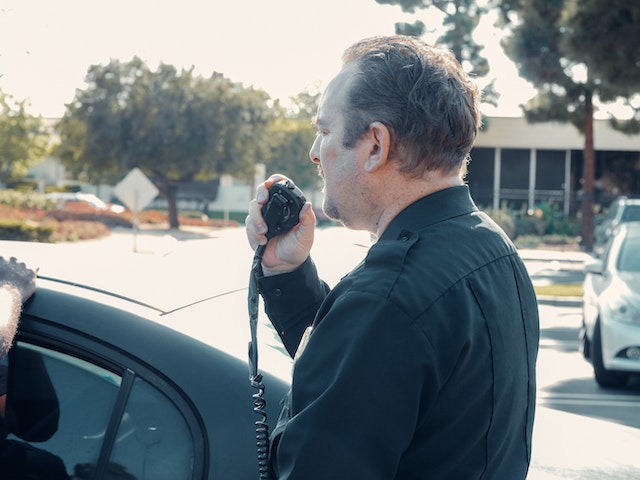
When driving, it’s often understood that police can pull you over so long as they have reasonable suspicion that you’ve committed a crime. However, if you’re driving and see a roadblock ahead with police stopping random cars passing by, you may wonder how a field sobriety checkpoint is legal. If you’re in trouble following a sobriety checkpoint, you’ll want to keep reading to learn how a Spring Valley DWI defense attorney can help you.
Field sobriety checkpoints are a means to deter drunk drivers. Police officers will set up roadblocks that stop cars passing by. The officer will ask each person for their license and registration while asking questions about the driver’s sobriety.
Generally, law enforcement will look to assess whether or not the driver has slurred speech, bloodshot eyes, smells of alcohol or drugs, or has alcohol or drug paraphernalia in the vehicle. If the officer suspects the driver is under the influence, they will instruct the driver to pull off to the side of the road for further investigation.
Though some states have outlawed field sobriety checkpoints as unconstitutional, they are still legal in New York. However, the stops must adhere to rules to be valid and permissible in court. These guidelines include:
Checkpoints, when used properly, can be an effective way to deter drunk drivers and catch them before they cause an accident. However, when used improperly, they can violate citizens’ rights.
If arrested following a sobriety checkpoint, the most essential thing to do is follow the instructions of the officer. Resisting arrest can make the situation worse and hurt your chances of beating the charges.
You may also want to exercise your right to remain silent. Unfortunately, once you are under arrest, anything you say can be used against you. Instead, remaining quiet can help you avoid accidentally incriminating yourself. You are legally obligated to tell the officer information like your name and address, but you do not have to say anything else until your attorney is present.
You’ll also want to make sure you reach out to a qualified lawyer to help improve your chances of beating the charges. The Law Office of Kevin T. Conway will examine all the evidence to help find a defense that will give you the best shot at keeping your record clean. Reach out today for a consultation.
© 2024 The Law Office of Kevin T. Conway. All rights reserved.